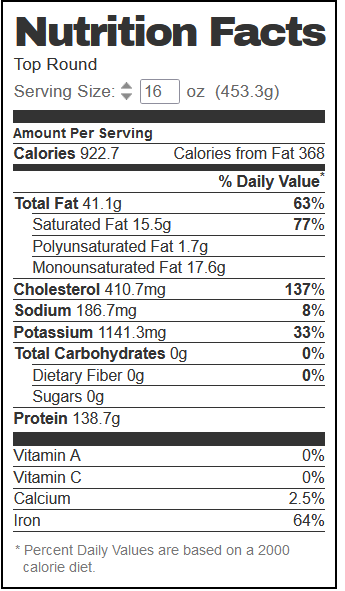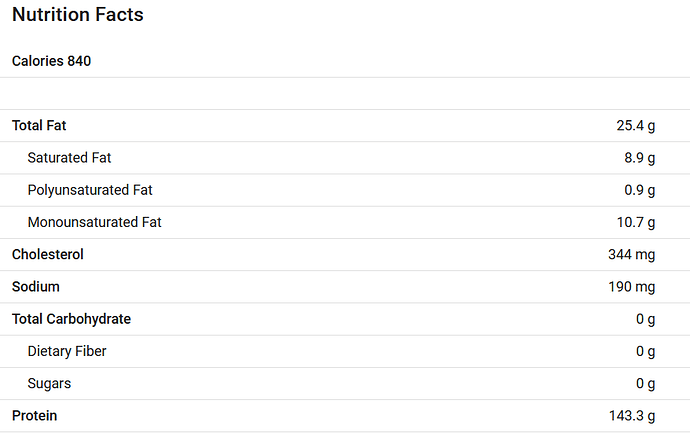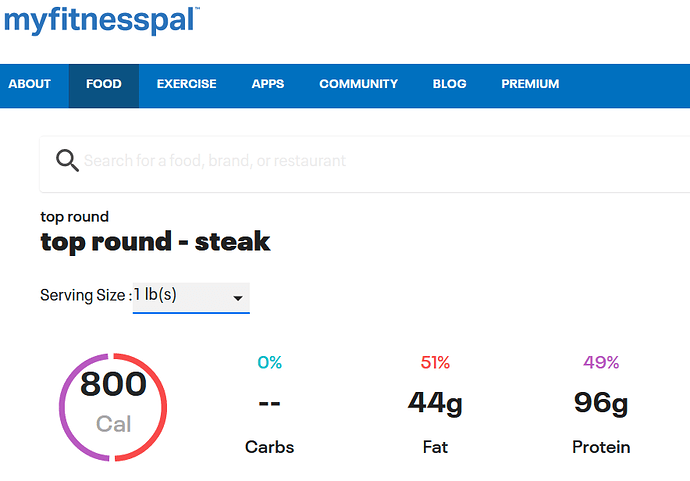I don’t know what foods you enjoy eating, however, for me, it wasn’t too difficult to keep my carbs low because I didn’t love a lot of fruit and veggies pre-keto. Yes, there were things like salad, some fruits, etc., but again, it wasn’t hard to give up most of it in lieu of rich, fatty food, which was/is my preference. If you like beef, pork, sausage, some cheese (gouda, havarti, etc.), heavy cream, bacon, eggs, etc., I’d suggest you confine consuming any vegetables to one meal a day. In the beginning, for me, that was dinner. I’d make a protein and then steam some brussels sprouts with butter or bacon grease, and/or have that with a little cole slaw made with mayo and vinegar. (I also didn’t need a ton of variety in my eating, thankfully, and was content to eat many of the same things over and over without boredom or sacrifice.) (Also, I later gave up mayo after learning it is made with PUFA oils, even the olive oil kind, which I didn’t know.) Doing this, I found it easy to keep my carbs way under 20 without having to track or think about it. Maybe identify the kinds of veggies you still want to consume and just eat them at dinner. For me, it was easier not to eat carbs at breakfast or lunch. Not for everyone, but maybe it would work for you, too.
PS, if you enjoy salad, a good no carb dressing is heavy cream whipped with spices and blue cheese crumbles. No bad oils and you know what goes into it.
Good luck!

 It’s probably not even considered carnivore for many people, I almost never use milk myself (but I do carnivore-ish so I eat non-animals too just little, I get way more carbs from carnivore food on a good day).
It’s probably not even considered carnivore for many people, I almost never use milk myself (but I do carnivore-ish so I eat non-animals too just little, I get way more carbs from carnivore food on a good day).


